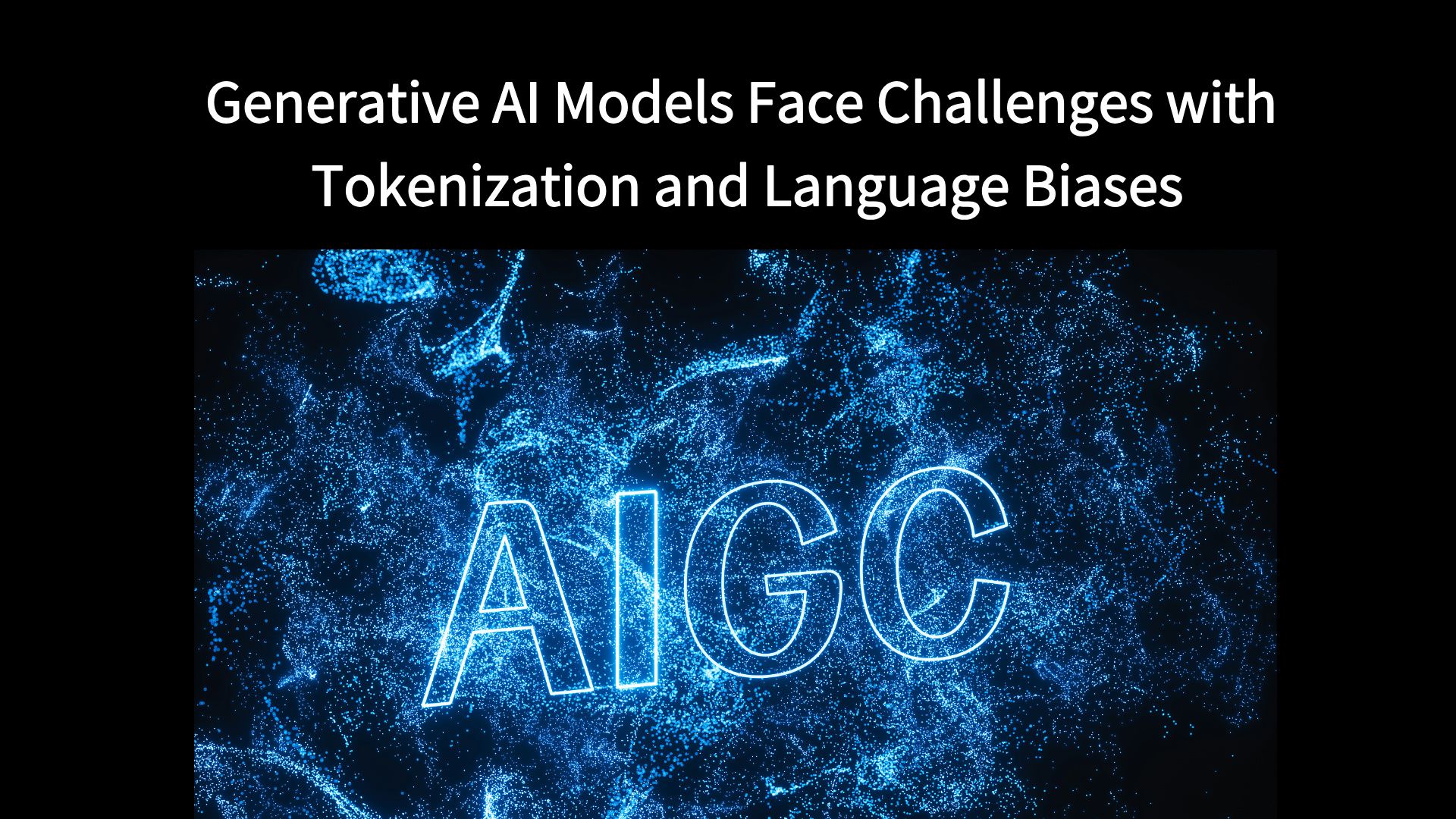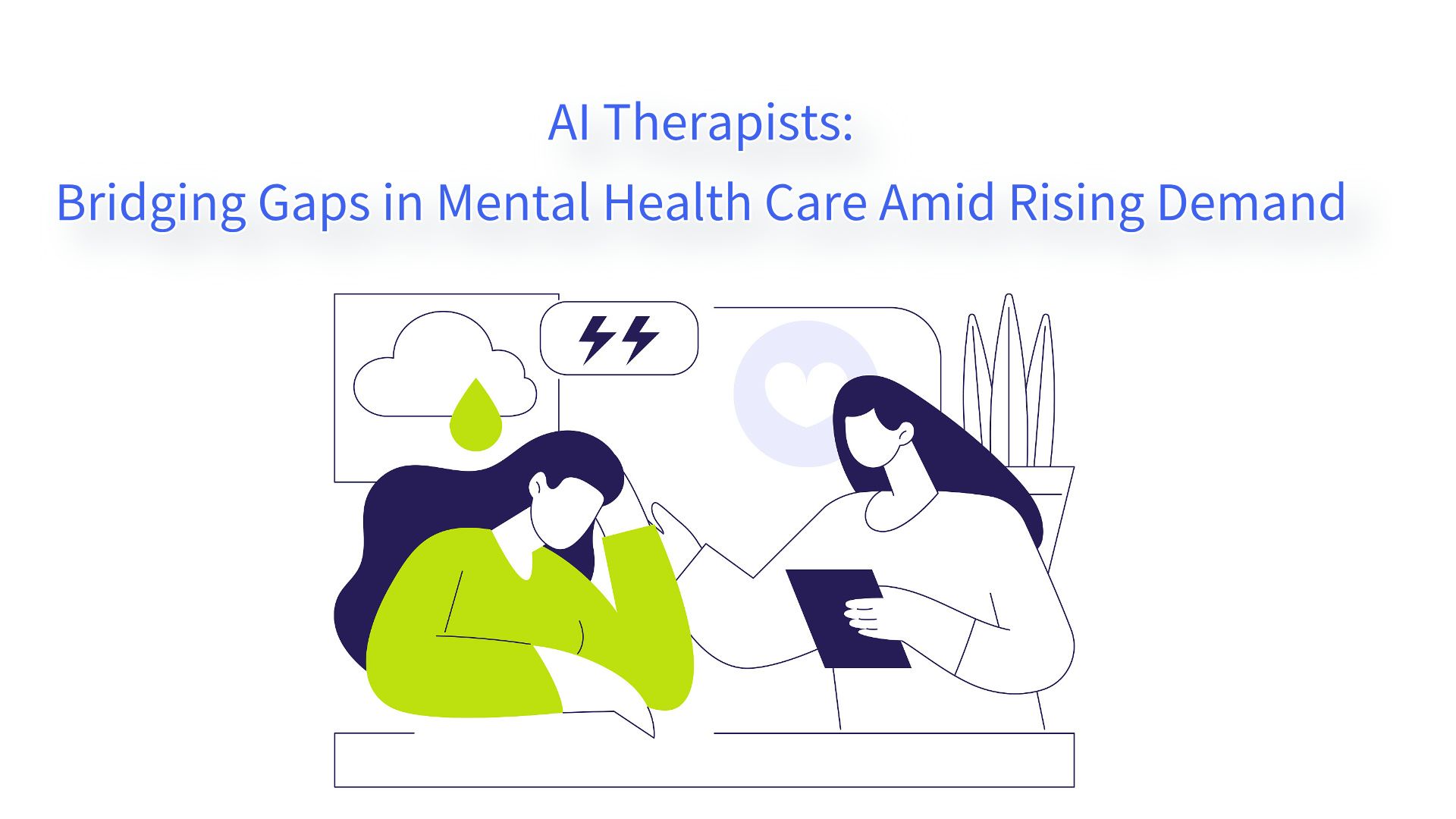Cloudflare's New Tool Targets Unauthorized AI Data Scraping
Background
The proliferation of AI technology has ushered in an era where the demand for vast quantities of data for model training is at an all-time high. This has sparked concerns over data ownership, privacy, and fair use practices, particularly as AI bots are increasingly used to scrape website content without explicit consent.
These activities raise significant ethical questions about the rights of content creators and the responsibilities of AI developers, highlighting the need for robust regulatory frameworks and ethical guidelines to govern AI-driven data acquisition and usage.
News Summary
Cloudflare, a leading cloud service provider, has launched a new tool aimed at combating AI bots that scrape data from websites hosted on its platform for model training. Despite existing measures like robots.txt files to block such bots, some AI scrapers circumvent these rules.
Cloudflare's solution involves refining bot detection models to identify and block evasive AI bots that mimic human behavior to access content. The tool includes a reporting form for hosts to flag suspected AI bots, aiming to protect website owners from unauthorized data scraping amid the growing demand for model training data in the AI industry.
Personal Insights
This news on Cloudflare's initiative to combat AI bots scraping website data for model training can be viewed from several perspectives:
Technological Response
Cloudflare's development of advanced bot detection models reflects their proactive approach to safeguarding website data. By continuously refining these technologies, they aim to enhance data security and protect user privacy in the face of evolving AI threats.
Ethical Considerations
The issue raises ethical concerns about data ownership and usage rights. Website owners want control over how their content is used, especially by AI vendors seeking to improve models without explicit consent or compensation. Balancing these interests is crucial for fostering ethical practices in AI development.
Persistent Challenges
Despite efforts to block AI bots, the persistent adaptation of these bots to evade detection underscores ongoing challenges. This highlights the need for continuous innovation in detection methods to stay ahead of evolving threats and protect against unauthorized data usage.
Industry Implications
The initiative impacts the broader tech industry by setting a precedent for addressing AI-related challenges. It underscores the importance of fair practices and security measures in AI-driven applications, influencing how AI vendors approach data acquisition and usage in the future.
In conclusion, Cloudflare's tool represents a significant step towards mitigating AI bot threats, yet ongoing vigilance and innovation are necessary to effectively protect website data and uphold ethical standards in AI development.

Related Articles
YouTube Updates Policy on AI-Generated Content Privacy
Striking a balance: YouTube's new policy on AI-generated content tackles privacy and ethical challenges, ensuring innovation while protecting individual rights.


Generative AI Models Face Challenges with Tokenization and Language Biases
Unlocking the future of AI: Navigating the challenges of tokenization to ensure fair and inclusive technology for all languages.


AI Therapists: Bridging Gaps in Mental Health Care Amid Rising Demand
Explore how AI therapists are transforming mental health care by providing scalable, affordable support, and learn about the technological, ethical, and practical considerations shaping this innovative approach.

